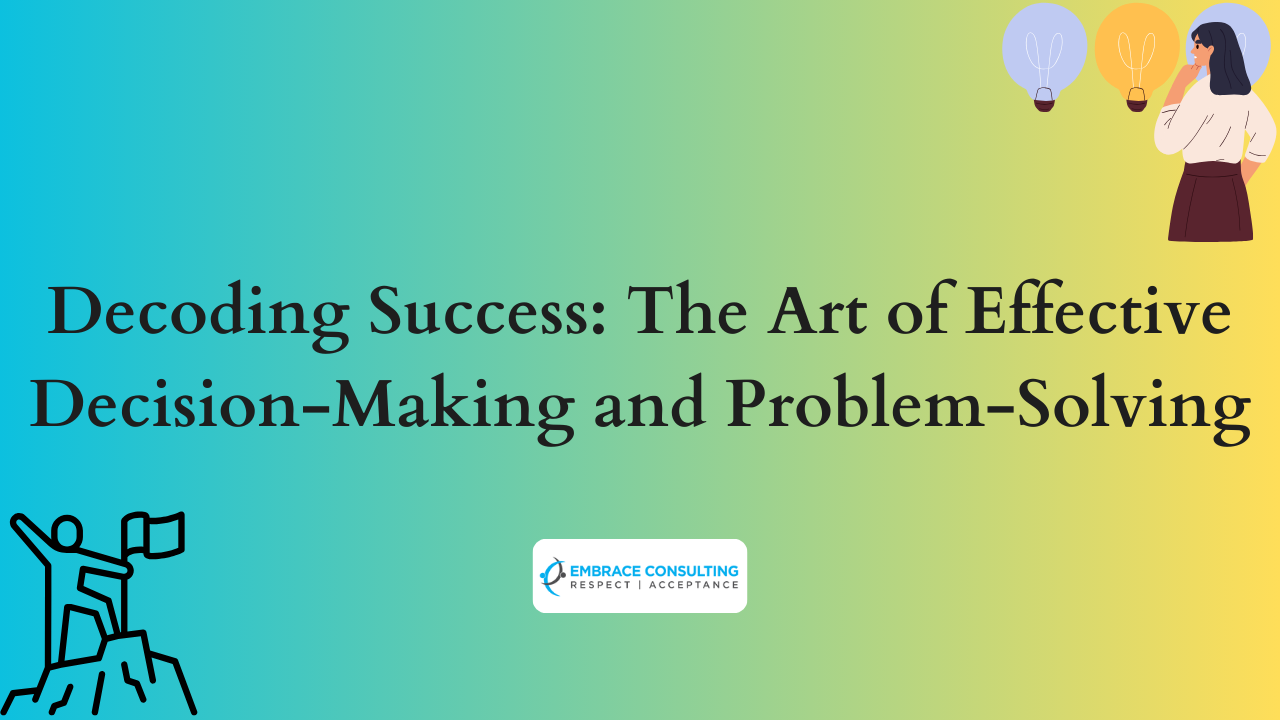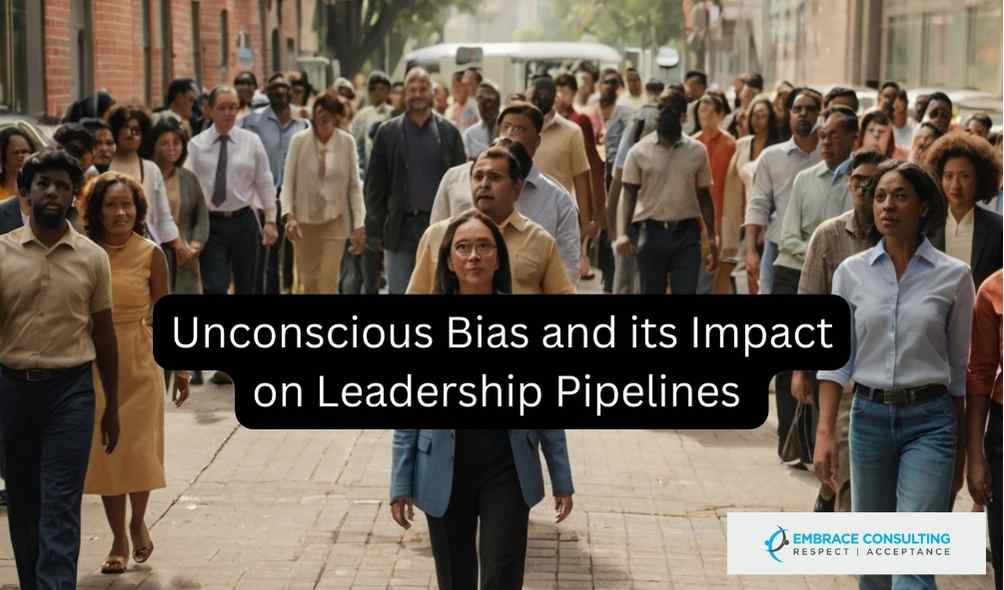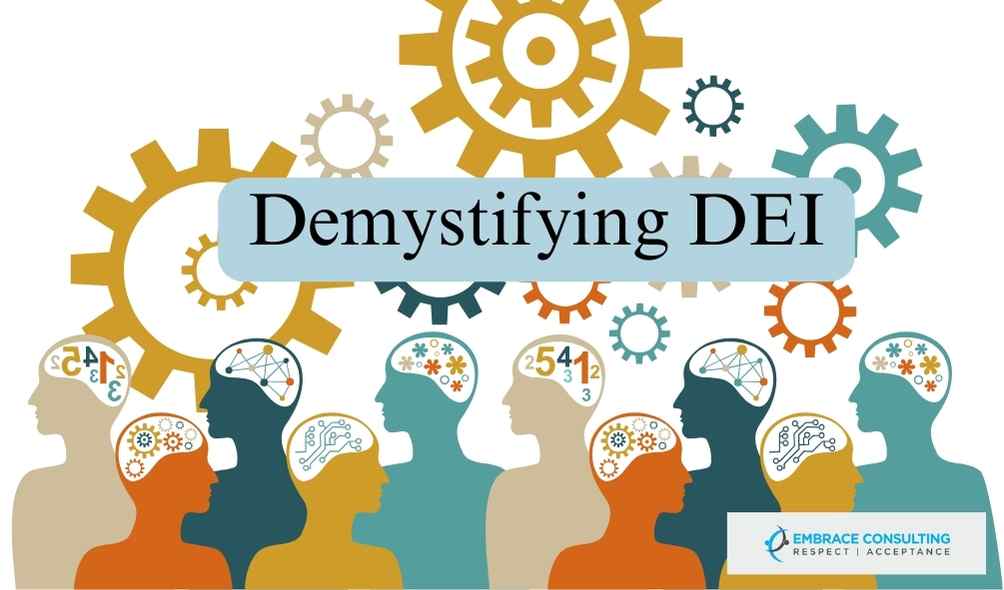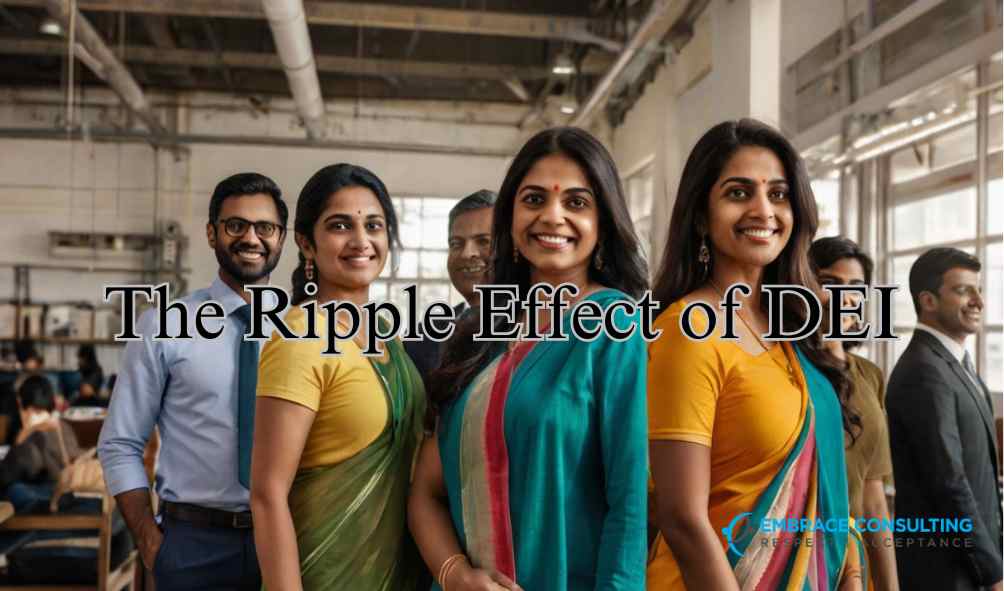In our fast-paced and dynamic world, effective decision making and problem solving have become critical skills for personal and professional success. Whether you’re a business leader, a student, or someone navigating the challenges of daily life, the ability to make sound decisions and solve problems efficiently is invaluable. In this blog, we’ll explore strategies and techniques to master the art of effective decision making and problem solving.
The Decision-Making Problem:
Making good decisions is like both an art and a science. It’s about finding the right balance between gut feelings and logical analysis. Sometimes, there are so many choices that it can be overwhelming, and we might feel stuck. The key is to learn how to distinguish between what’s important and what’s not, and to recognize the difference between short-term gains and long-term consequences.
One important part of decision-making is understanding the power of taking a pause. In our fast-paced world, there’s often pressure to make quick decisions. However, stepping back, taking some time, and thinking about the available information can make a big difference. This moment of reflection allows us to consider different perspectives, weigh the pros and cons, and make a more informed decision.
The Astound of Problem-Solving:
Solving problems is like being an expert in untangling life’s puzzles. It involves breaking down a challenge, understanding its complexities, and coming up with creative solutions. The first step in solving a problem is figuring out exactly what the problem is. Sometimes, we get stuck because we have vague ideas about the issue, making it hard to find a solution. By breaking the problem into its smaller parts, we can get a clearer understanding and approach it with an organized mindset.
Working together with others and considering different points of view is really important in problem-solving. The more diverse perspectives we have, the more ideas we can gather. Encouraging open communication and creating an environment where everyone feels heard can lead to innovative solutions that might not have been obvious when looking at the problem from just one person’s perspective.
The Role of Emotional Intelligence
In decision-making and problem-solving, our feelings can be like a secret power that can make a big difference. Knowing our own emotions and understanding others helps us navigate relationships effectively. If we ignore our emotions, they can make our judgment unclear and mess up smart decision-making. Developing emotional awareness means recognizing and handling emotions, both in ourselves and others, to build caring connections that can be really helpful when solving problems.
Learn from Mistakes:
Mistakes are an inevitable part of the travel toward dominance in decision-making and problem-solving. Rather than dreading disappointment, consider it a venturing stone to victory. Each misstep is an opportunity to memorize, adapt, and refine our approach. Developing a development mentality permits us to see challenges as openings for development instead of unfavorably impediments.
Case Ponders in Victory:
Let’s look at some interesting examples to understand why making good decisions and solving problems is so important. Consider Elon Musk, the creative mind behind Tesla and SpaceX. Musk’s skill in making bold decisions and finding solutions to tough problems has put him at the forefront of innovation. His strong interest in finding sustainable energy solutions and exploring space shows how powerful strategic decision-making and creative problem-solving can be.
Conclusion
In the big picture of life, making good choices and solving problems well are like using special threads to create success and happiness. It’s about finding the right mix between trusting your feelings and thinking carefully, understanding emotions, and seeing challenges as chances to grow. If we become skilled at making smart decisions and handling tough problems, we open doors to a future where obstacles are not problems but stepping stones toward a better and brighter tomorrow.












